The Best Books You’ve Never Read
5 lesser-known works of great authors
Most authors are defined by only a handful of their works, if not a single one. But oftentimes, it is their lesser known writing which best represents their literary output.
When you explore an author's lesser known catalog, you get the opportunity to engage with aspects of their thought that aren't fully on display in their more famous works. In doing so, you gain perspective and nuance that many others miss, and which is integral to an understanding of the author as a whole.
That’s why today, we look at lesser known works by five famous English-speaking authors on both sides of the Atlantic. Which have you already read, and which will you add to your list?
Reminder: you can support our mission and get tons of members-only content for a few dollars per month:
Full-length articles every Wednesday and Saturday
Members-only podcasts and exclusive interviews
The entire archive of great literature, art, and philosophy breakdowns
In the last year, we’ve written about everything from the quest for meaning in Homer’s Odyssey, to why Tolkien hated Disney, to Dante’s journey down the 9 levels of Hell…
1) F. Scott Fitzgerald, The Beautiful and Damned
Overshadowed by both his debut novel This Side of Paradise and his magnum opus The Great Gatsby, Fitzgerald’s The Beautiful and Damned captures the American author at his most unfiltered.
The book recounts the tragic tale of Anthony and Gloria Patch, a wealthy New York couple who get "wrecked on the shoals of dissipation" as they await an inheritance that never seems to arrive. It’s a novel about wasted potential, dissolution, and the slow decay of privilege — all themes Fitzgerald would later refine, but here lets run loose as his voice takes shape.
If Gatsby is Fitzgerald’s monument to the American dream, then The Beautiful and Damned is his first attempt to dismantle it.
2) C.S. Lewis, The Great Divorce
Unlike the diabolical fun of The Screwtape Letters or the fairy-tale charm of Narnia, The Great Divorce is one of the stranger entries in Lewis’s catalog — it is simultaneously wholesome and haunting.
In it, Lewis imagines a fantastical bus ride from Hell to the outskirts of Heaven, where souls who reside in the former are allowed to step into the latter. Yet one by one, nearly all of them choose to return. One clings to his intellect, another to his bitterness. Each insists on keeping some part of the self, even if it costs them everything.
The Great Divorce is Lewis’s take on the idea that “those who are in Hell choose to be there.” It’s a short, lucid, and piercing book that is a must-read if you want to explore his theology of the afterlife.
3) J.R.R. Tolkien, Translation of Sir Gawain and the Green Knight
Long before creating Middle-earth, Tolkien was a philologist with a deep love for medieval literature, and his translation of Sir Gawain and the Green Knight reflects that childhood passion.
The poem itself, originally composed in the 14th century, is a marvel full of chivalric trials and mystical encounters. But Tolkien’s version restores the musical cadence of the original, using a formal yet lyrical English that carries the weight of the past.
The tale of Sir Gawain reveals to what extent medieval knights valued honor and virtue, and how temptation and pride threatened to destroy even the bravest among them. All of it is translated and recounted, of course, by a man who knew exactly how to make that kind of mythic wisdom translate to the modern era and speak to the soul.
4) Mark Twain, Personal Recollections of Joan of Arc
Easily Twain’s least understood work, Personal Recollections of Joan of Arc seems like a bizarre entry in the author’s catalog. For a man who was famously anti-French, anti-Catholic, and wrote almost exclusively about male protagonists, a female French saint seems like a most unlikely subject.
Yet Twain considered Personal Recollections of Joan of Arc not only his best work, but the one which gave him the most joy to write. Under the surface, it is a subtle and clever (perhaps too clever) exposition of Twain’s political philosophy, as well as being the final goodbye to his literary career.
As for the figure of Joan herself, however, Twain simply had this to say:
“I studied that girl, Joan of Arc, for twelve years…and it never seemed to me that the artists and the writers gave us a true picture of her. They drew a picture of a peasant. But they always missed the face—the divine soul, the pure character, the supreme woman, the wonderful girl.”
5) John Milton, Italian Sonnets & Paradise Regained
Though overshadowed by Paradise Lost, Milton’s lesser-known works offer a wonderful dive into the Restoration-era poet’s intellectual depths. His Italian sonnets — as in, sonnets he wrote in Italian — reveal a poet in dialogue not just with his English predecessors, but with all-time greats such as Petrarch and Dante.
Paradise Regained, meanwhile, serves as a sequel to Paradise Lost, recounting Christ’s temptation in the desert. It lacks the cosmic sweep of the earlier work, but its restraint is deliberate: it highlights that where Adam falls, Christ endures. To learn more about Paradise Regained and how it offers a rubric for overcoming temptation, click here to read our full breakdown.
What do you think?
What other authors and works would you add to this list? We had a tough time narrowing it down to just five, and would love to hear your feedback.
Share your thoughts in the comments below, and we’ll include the best suggestions in another future rundown!



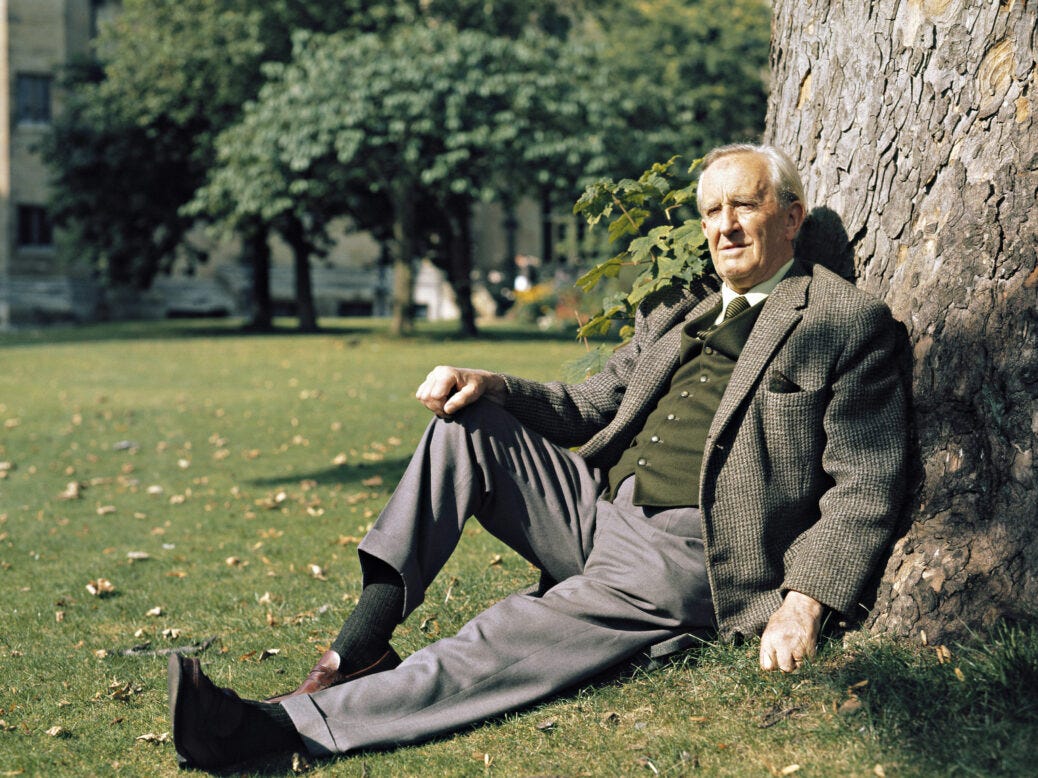
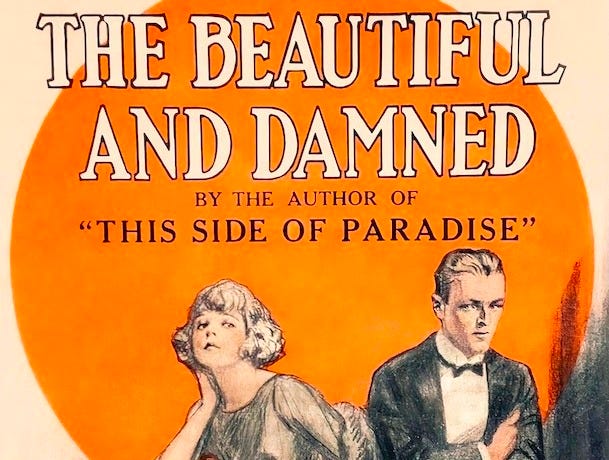
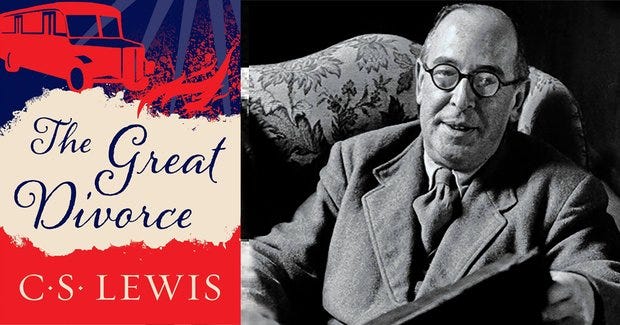
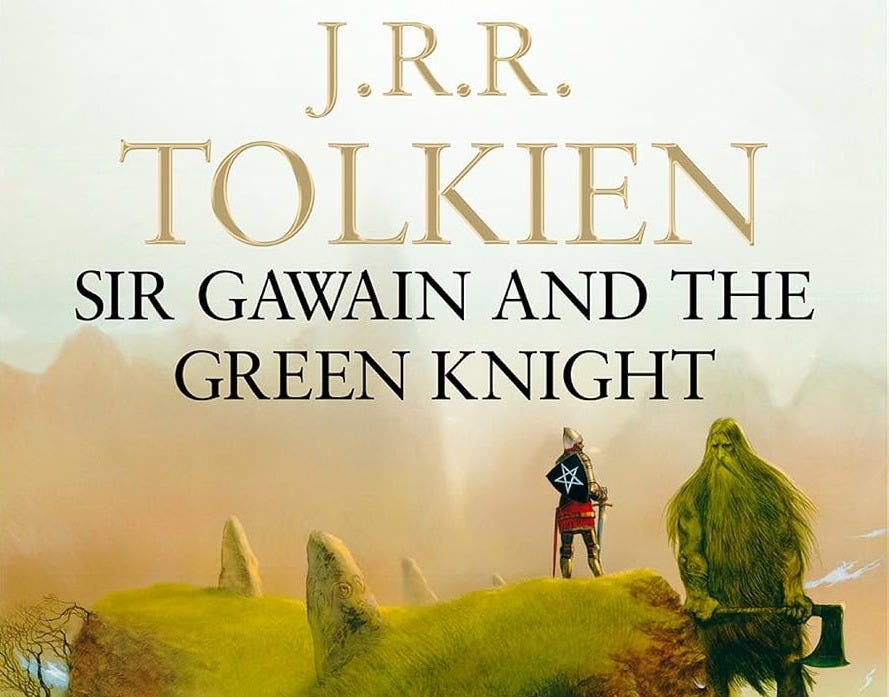
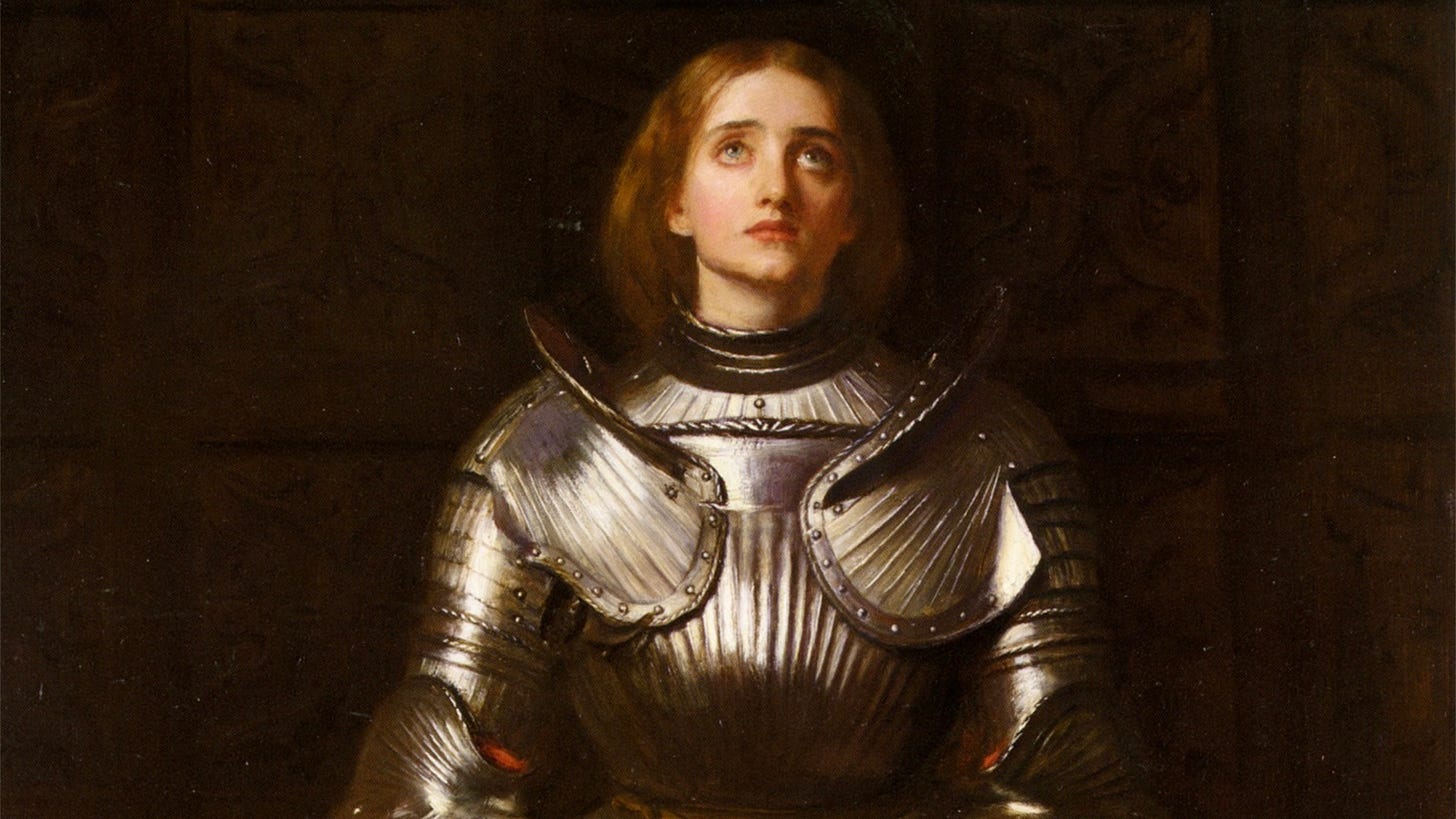

I would add "A Forged Coupon," a short story by Tolstoy to this list. Tolstoy masterfully illustrates how one sin (a forged coupon by a young boy) ultimately leads to murder after weaving in the lives of several characters, and then he illustrates through the life of a single character how her act of love unravelled all of the previous sin and chaos that led up to her murder. And everyone is changed for the better as a result of her one act of love.
Twain, no question. Personal Recollections of Joan of Arc is such a surprising, tender departure from his usual tone - and somehow still unmistakably him. Quietly devastating in the best way.
For consideration, A Month in the Country by J.L. Carr. Short, poetic, and equally rich with longing, memory, and the ache of what’s unsaid. An underrated gem that lingers long after the last page.